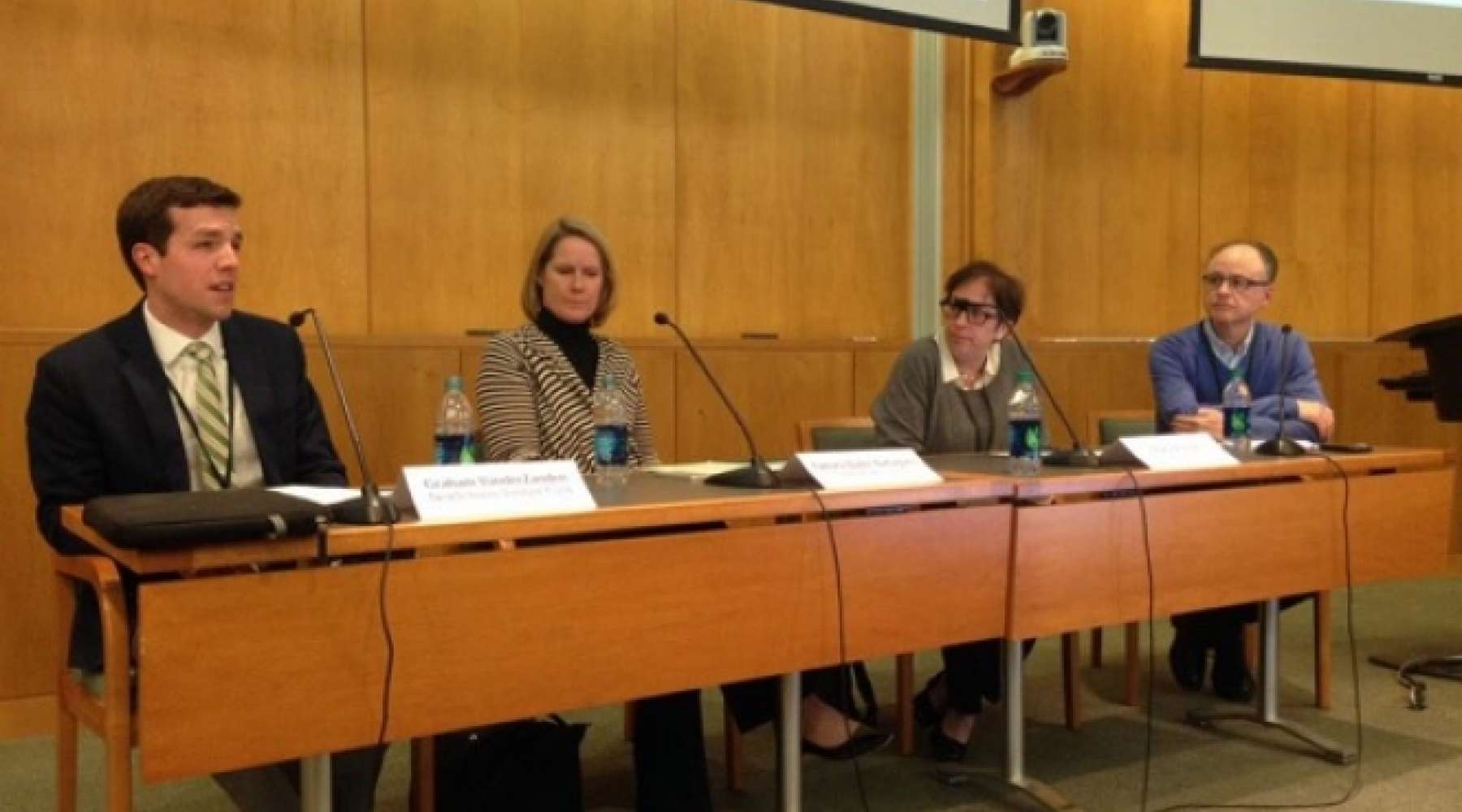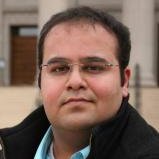
 By Avi Sethi T'16
By Avi Sethi T'16
Avi is a first-year student at Tuck who previously worked for the NewSchools Venture Fund, a Palo Alto based ed-tech seed investor. Previous to NewSchools, he worked in strategy consulting at Accenture based out of New York City. He started his career as a high school math teacher in Charlotte, NC through the Teach for America program. Avi is a proud Minnesota Golden Gopher alum.
*This post originally appeared on the Tuck Center for Business & Society blog.
Education is a topic important to all of us, whether personally or professionally. Scores from the 2013 National Assessment of Educational Progress (NAEP), better known as the Nation’s Report Card, showed that in math and reading, only ~35 percent of 8th graders in the US rank as proficient. The data gets worse for minorities when you break it out by race.
On the flip side, it is clear that investments in education have the power to change outcomes dramatically. When someone growing up in poverty graduates a four-year college, they end the cycle of poverty in their family forever.
As a whole, the United States is ranked outside the top 20 of developed countries in math and reading outcomes, despite spending near the most per child—total expenditures for public elementary and secondary schools in the United States amounted to $632 billion in 2010–11, or $12,608 per public school student.
At Tuck’s Business & Society Conference, we brought together three leaders in their fields to talk about these issues and how we can use better measurements to radically change the education system in America. Speaking to an audience of nearly 100 were: Graham VanderZanden, an associate partner at the NewSchools Venture Fund, Tammy Battaglino, co-head of The Parthenon Group’s Education practice, and Emary Aronson, head of education investing at The Robin Hood Foundation. These panelists were joined by one of Tuck’s leading strategy professors, Syd Finkelstein.
Takeaways from the panel:
I’ve been trying to figure out what role I can play in the education space, having been a former teacher, but wanted to balance that with my business skillset as a former management consultant. I found the panel especially helpful. As Graham, the education venture capitalist, mentioned, there were over $2 billion dollars invested in early stage ed-tech companies in 2014 by venture capital firms. The landscape is changing. We are on the precipice of something big. There is no time like the present to use the skills my Tuck MBA provides, to be an effective player in this change.
(Photo by David Rowe. From left: Graham VanderZanden of NewSchools Venture Fund; Tamara Butler Battaglino of The Parthenon Group; Emary Aronson of Robin Hood; and Tuck professor Sydney Finkelstein, Moderator)